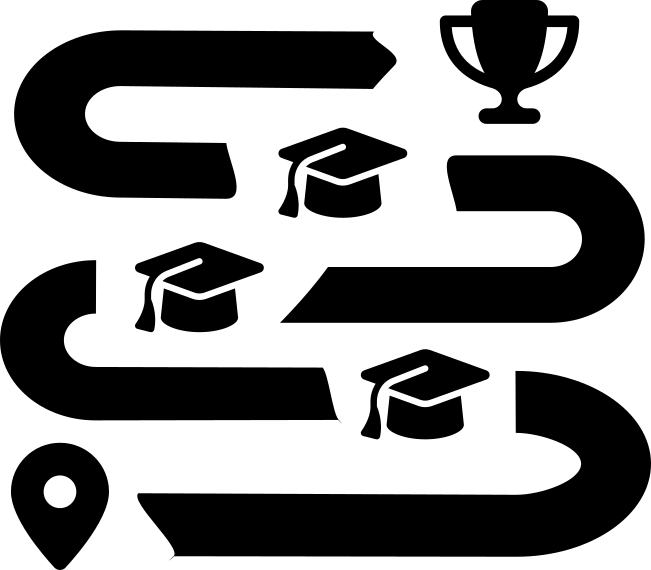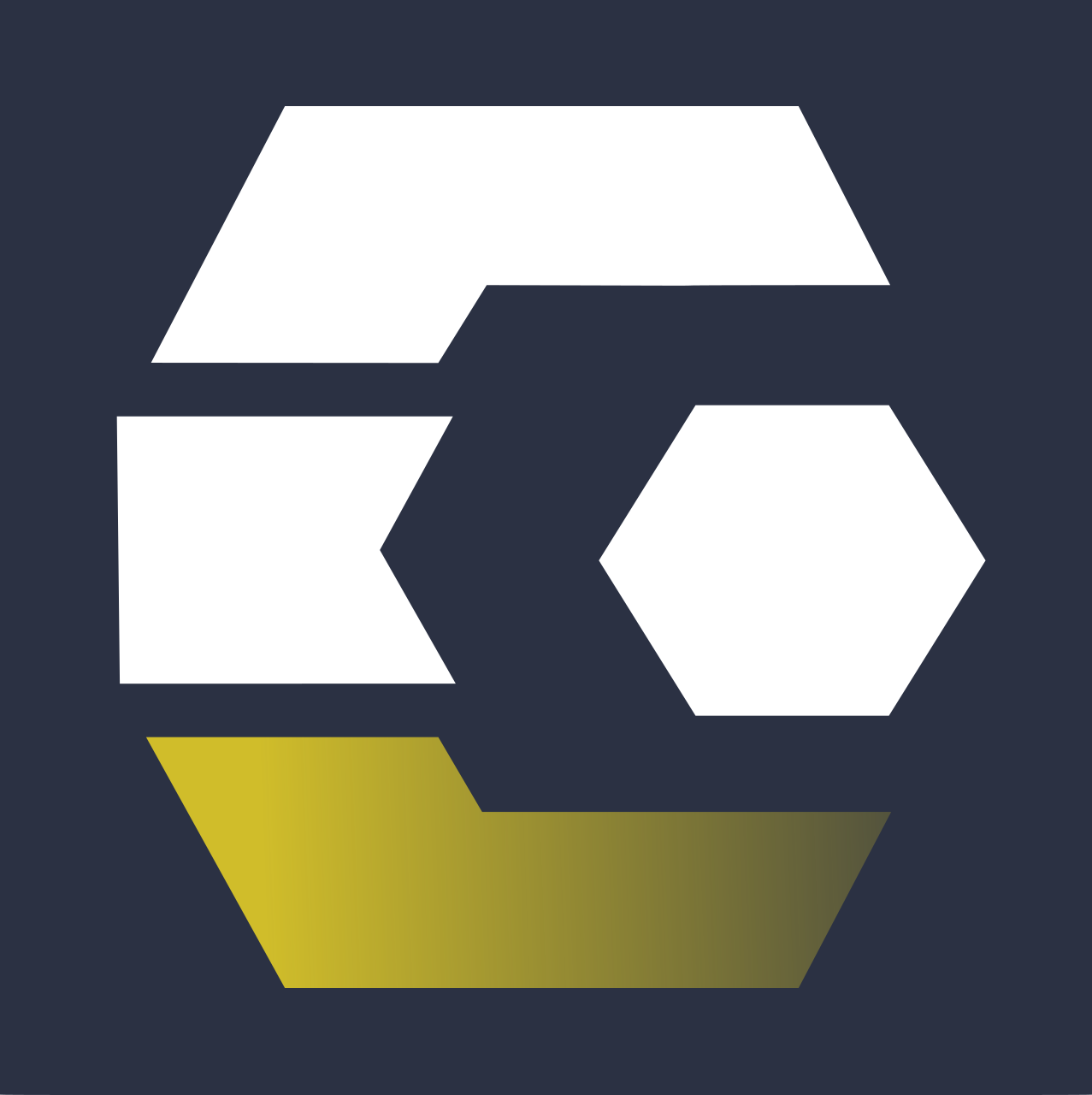Gallantries Grant - Intellectual Output 2 - Large-scale data analysis, and introduction to visualisation and data modelling
purlPURL: https://gxy.io/GTN:P00013Comment: What is a Learning Pathway? We recommend you follow the tutorials in the order presented on this page. They have been selected to fit together and build up your knowledge step by step. If a lesson has both slides and a tutorial, we recommend you start with the slides, then proceed with the tutorial.
We recommend you follow the tutorials in the order presented on this page. They have been selected to fit together and build up your knowledge step by step. If a lesson has both slides and a tutorial, we recommend you start with the slides, then proceed with the tutorial.
This Learning Pathway collects the results of Intellectual Output 2 in the Gallantries Project
Success Criteria:
- SC2.1) Large-scale data analyses and -handling. In this module, learners will gain competency in managing, organizing, and analysing large collections of datasets.
- SC2.2) Analysis of high-dimensional datasets. Real-world scientific studies often involve more complex datasets. For example, combining data from different experiments or timepoints. This more complex experimental setup translates to increased complexity in data analysis.
- SC2.3) Data visualisation. This module will cover the basics of data visualisation to aid with exploration, interpretation of complex datasets.
- SC2.4) Data modelling. This module will introduce learners to the basics data modelling techniques. This is often required for the identification of patterns in data required for e.g. classification.
- SC2.5) Machine learning. This module will also cover more advanced data modelling techniques such as machine learning.
- SC2.6) Reasoning about impact of computation on results. Many choices must be made during data analysis. This includes experimental design, choice of data analysis tools and their parameter settings, and external reference databases. Each of these choices will impact the results. Accurate interpretation of results is only possible with an understanding and awareness of the impact of these factors.
Year 1: Introduction to large-scale analyses in Galaxy
Galaxy offers support for the analysis of large collections of data. This submodule will cover the upload, organisation, and analysis of such large sets of data and files. [SC2.1; SC1.3,5]
Time estimation: 5 hours 10 minutes
Learning Objectives
- Learn about the Rule Based Uploader
- Learn even more about the Rule Based Uploader
- Learn about SRA aligned read format and vcf files for Runs containing SARS-CoV-2 content
- Understand how to search the metadata for these Runs to find your dataset of interest and then import that data in your preferred format
- Learn how to extract a workflow from a Galaxy history
- Learn how to change a workflow using the workflow editor
- Understand and master dataset collections
- Learn to use the `planemo run` subcommand to run workflows from the command line.
- Be able to write simple shell scripts for running multiple workflows concurrently or sequentially.
- Learn how to use Pangolin to assign annotated variants to lineages.
- Understand key aspects of workflows
- Create clean, non-repetitive workflows
- Learn how to use Workflow Parameters to improve your Workflows
Year 1: Introduction to the human microbiome analyses
The human microbiome consists of a community of thousands of species of microorganisms. Sequencing of this community is often performed to identify which species of microorganism are present. This aids in diagnostics and treatment of patients. [SC2.1-3,6; SC1.4,5]
Time estimation: 3 hours
Learning Objectives
- Inspect metagenomics data
- Run metagenomics tools
- Identify yeast species contained in a sequenced beer sample using DNA
- Visualize the microbiome community of a beer sample
- Use Nanopore data for studying soil metagenomics
- Analyze and preprocess Nanopore reads
- Use Kraken2 to assign a taxonomic labels
| Lesson | Slides | Hands-on | Recordings |
|---|---|---|---|
| Identification of the micro-organisms in a beer using Nanopore sequencing | |||
| 16S Microbial analysis with Nanopore data |
Year 1: Advanced microbiome analysis
By using more complex sequencing techniques, it is possible to not only obtain information about which organisms are present in the microbiome, but also their activity. This can e.g. aid in identification of antibiotic resistance. This more complex sequencing requires more complex data analysis [SC2.1-4,6; SC1.4,5]
Time estimation: 4 hours
Learning Objectives
- Check quality reports generated by FastQC and NanoPlot for metagenomics Nanopore data
- Preprocess the sequencing data to remove adapters, poor quality base content and host/contaminating reads
- Perform taxonomy profiling indicating and visualizing up to species level in the samples
- Identify pathogens based on the found virulence factor gene products via assembly, identify strains and indicate all antimicrobial resistance genes in samples
- Identify pathogens via SNP calling and build the consensus gemone of the samples
- Relate all samples' pathogenic genes for tracking pathogens via phylogenetic trees and heatmaps
| Lesson | Slides | Hands-on | Recordings |
|---|---|---|---|
| Pathogen detection from (direct Nanopore) sequencing data using Galaxy - Foodborne Edition |
Year 2: Cancer Analysis
The previous submodules focused on scaling up in terms of number of samples. This submodule will focus on scaling up in terms of complexity. Cancer is a disease of the genome, it is a multifaceted and heterogeneous disease. This leads to complex datasets and analysis pipelines [SC2.3,4; SC1.5]
Time estimation: 2 hours
Learning Objectives
- Use joint variant calling and extraction to facilitate variant comparison across samples
- Perform variant linkage analyses for phenotypically selected recombinant progeny
- Filter, annotate and report lists of variants
| Lesson | Slides | Hands-on | Recordings |
|---|---|---|---|
|
Mapping and molecular identification of phenotype-causing mutations
|
Year 2: Intro to machine learning
Going beyond conventional statistics, many scientific data analyses benefit from machine learning techniques for modelling of datasets. This is widely used in biomedical domain. [SC2.4,5; SC1.4]
Time estimation: 3 hours
Learning Objectives
- Understand the ML taxonomy and the commonly used machine learning algorithms for analysing -omics data
- Understand differences between ML algorithms categories and to which kind of problem they can be applied
- Understand different applications of ML in different -omics studies
- Use some basic, widely used R packages for ML
- Interpret and visualize the results obtained from ML analyses on omics datasets
- Apply the ML techniques to analyse their own datasets
| Lesson | Slides | Hands-on | Recordings |
|---|---|---|---|
| Introduction to Machine Learning using R |
Year 2: Introduction to the Galaxy visualisation framework
(This module was cancelled due to insufficiencies in the Galaxy Visualisation Framework.) Galaxy has many options for visualisation of scientific data. This module will cover how to use this framework to create and share visualisation. [SC2.2-3; SC1.1,3,6]
Time estimation:
Learning Objectives
| Lesson | Slides | Hands-on | Recordings |
|---|
Year 3: Visualisation of complex multidimensional data
For advanced visualisation, tools such as Circos may be utilized where Galaxy’s basic visualisation framework does not suffice. [SC2.2-3; SC1.5]
Time estimation: 2 hours 30 minutes
Learning Objectives
- Create a number of Circos plots using the Galaxy tool
- Familiarise yourself with the various different track types
- Plot an *E. coli* genome in Galaxy
- With tracks for the annotations, sequencing data, and variants.
| Lesson | Slides | Hands-on | Recordings |
|---|---|---|---|
|
Visualisation with Circos
|
|||
|
Ploting a Microbial Genome with Circos
|
Year 3: Introduction to Visualisation with R and Python
When the available visualisation options do not suffice, custom plots and visualisations can be created using one of several extensive visualisation libraries available in R and Python. This module will cover the basics of using R and Python to create custom plots and visualisations. [SC2.3; SC1.1]
Time estimation: 2 hours
Learning Objectives
- Produce scatter plots, boxplots, and time series plots using ggplot.
- Set universal plot settings.
- Describe what faceting is and apply faceting in ggplot.
- Modify the aesthetics of an existing ggplot plot (including axis labels and color).
- Build complex and customized plots from data in a data frame.
- Use the scientific library matplolib to explore tabular datasets
| Lesson | Slides | Hands-on | Recordings |
|---|---|---|---|
| Data visualisation Olympics - Visualization in R | |||
|
Plotting in Python
|
Editorial Board
This material is reviewed by our Editorial Board:
Funding
These individuals or organisations provided funding support for the development of this resource
